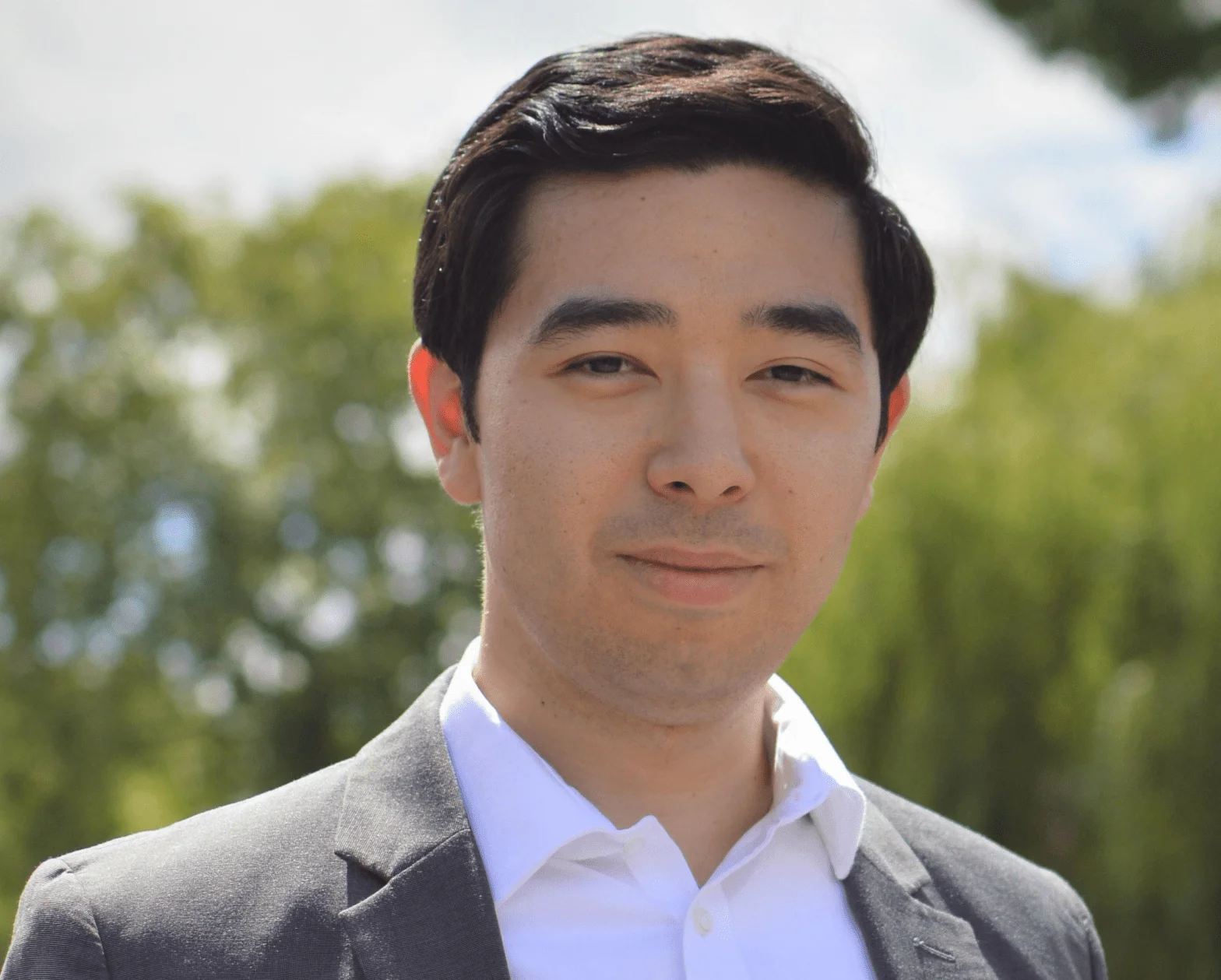
Rob Henderson
Rob Henderson grew up in foster homes in California. After working as a busboy, a dishwasher, and supermarket bagger, I joined the Air Force at the age of 17. Most of my enlistment was spent abroad, stationed in Europe and deployed in the Middle East. Once described as “self-made” by the New York Times, I then obtained a B.S. in Psychology from Yale (thanks to the G.I. Bill) and a Ph.D. in Psychology from the University of Cambridge (St. Catharine’s College), where I studied as a Gates Cambridge Scholar. I am currently a faculty fellow at the University of Austin, and have written for the New York Times, the Wall Street Journal, the Boston Globe, and Quillette, among other outlets, and have appeared on several podcasts including Honestly with Bari Weiss, and Modern Wisdom with Chris Williamson.
Books Mentioned in this Podcast with Jordan Peterson & Rob Henderson:
Summary of The Jordan B Peterson Podcat #193 - Rob Henderson
In this episode of The Jordan B Peterson Podcast, Jordan Peterson speaks with Rob Henderson, a Ph.D. student in social psychology at the University of Cambridge, about the concept of meritocracy and social mobility. They discuss the ways in which social and economic mobility have changed over the past few decades and how the pursuit of meritocracy has impacted society.
Understanding the Meaning of Meritocracy
Meritocracy is a system of government or organization in which people are chosen for their abilities and accomplishments rather than their social status or connections. According to Henderson, the idea of meritocracy has been around for centuries. But it has only become a popular concept in recent years. Today, many people believe that the ideal society is one that is meritocratic, where individuals are rewarded based on their talents and hard work.
However, as Henderson notes, the pursuit of meritocracy can also create problems. One issue is that it can lead to a belief that people who do not succeed are simply not trying hard enough. Which ignores the fact that social and economic barriers can make it difficult for some people to succeed. Additionally, the focus on individual merit can lead to a lack of concern for the broader social and economic issues that can affect people’s ability to succeed.
The Importance of Social Mobility
Social mobility is the ability of individuals to move up or down the social ladder based on their abilities and achievements. According to Henderson, social mobility has declined in recent years. Particularly in the United States, which can have negative consequences for society as a whole. When social mobility is limited, people who are born into wealth or privilege have a greater chance of success. While those who are born into poverty or a lower social class have a much lower chance of achieving success.
Henderson argues that social mobility is important because it creates a more dynamic society. Where people from all backgrounds have the opportunity to succeed. It also helps to reduce inequality and create a more fair and just society.
The Impact of Technology on Social Mobility
One factor that has contributed to the decline in social mobility is the impact of technology on the labor market. As Peterson and Henderson discuss, technology has led to the automation of many jobs. Which has made it more difficult for people without advanced skills or education to find work. Additionally, the rise of the gig economy has created a situation where many people are working multiple part-time jobs without benefits or job security. Which can make it difficult to climb the social ladder.
Henderson suggests that one solution to these problems is to invest in education and training programs that help people acquire the skills and knowledge needed to succeed in the modern job market. He also argues that it is important to create policies that support workers, such as minimum wage laws and healthcare benefits.
The Role of Family and Community in Social Mobility
Another factor that can impact social mobility is the role of family and community. According to Henderson, people who come from supportive families and communities are more likely to succeed than those who do not. This is because these individuals have access to resources and support that can help them overcome barriers and achieve their goals.
Henderson argues that it is important to create policies that support families and communities. Such as providing affordable childcare and investing in public infrastructure. He also suggests that individuals can take steps to create supportive communities by building networks and connections with others who share their goals and values.
Conclusion
In conclusion, the conversation between Peterson and Henderson highlights the complex relationship between meritocracy, social mobility, and economic opportunity. While the pursuit of meritocracy can be a positive force for change, it can also create problems if it ignores the broader social and economic issues that affect people’s ability to succeed. Ultimately, creating a more just and equitable society requires a multifaceted approach that addresses the challenges facing individuals and communities in today’s world. This includes investing in education and training programs, supporting workers, and creating policies that promote social mobility and reduce inequality. It also involves recognizing the importance of family and community in creating supportive environments that help individuals achieve their goals.
By exploring the concept of meritocracy and social mobility, this podcast episode offers valuable insights into the complex factors that shape the opportunities available to individuals in today’s society. With these insights in mind, individuals and policymakers can work together to create a more just and equitable society. Where everyone has the opportunity to succeed based on their abilities and achievements.




